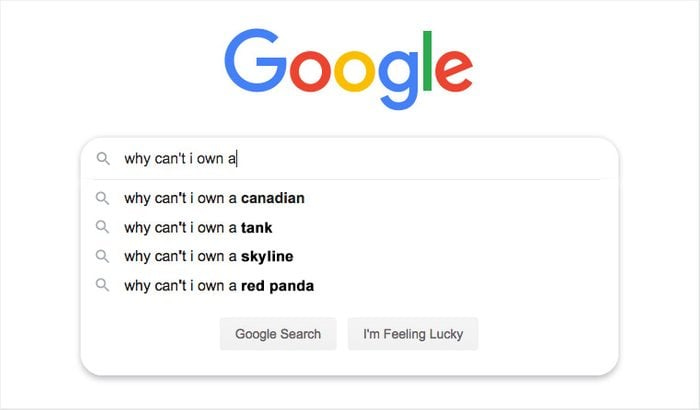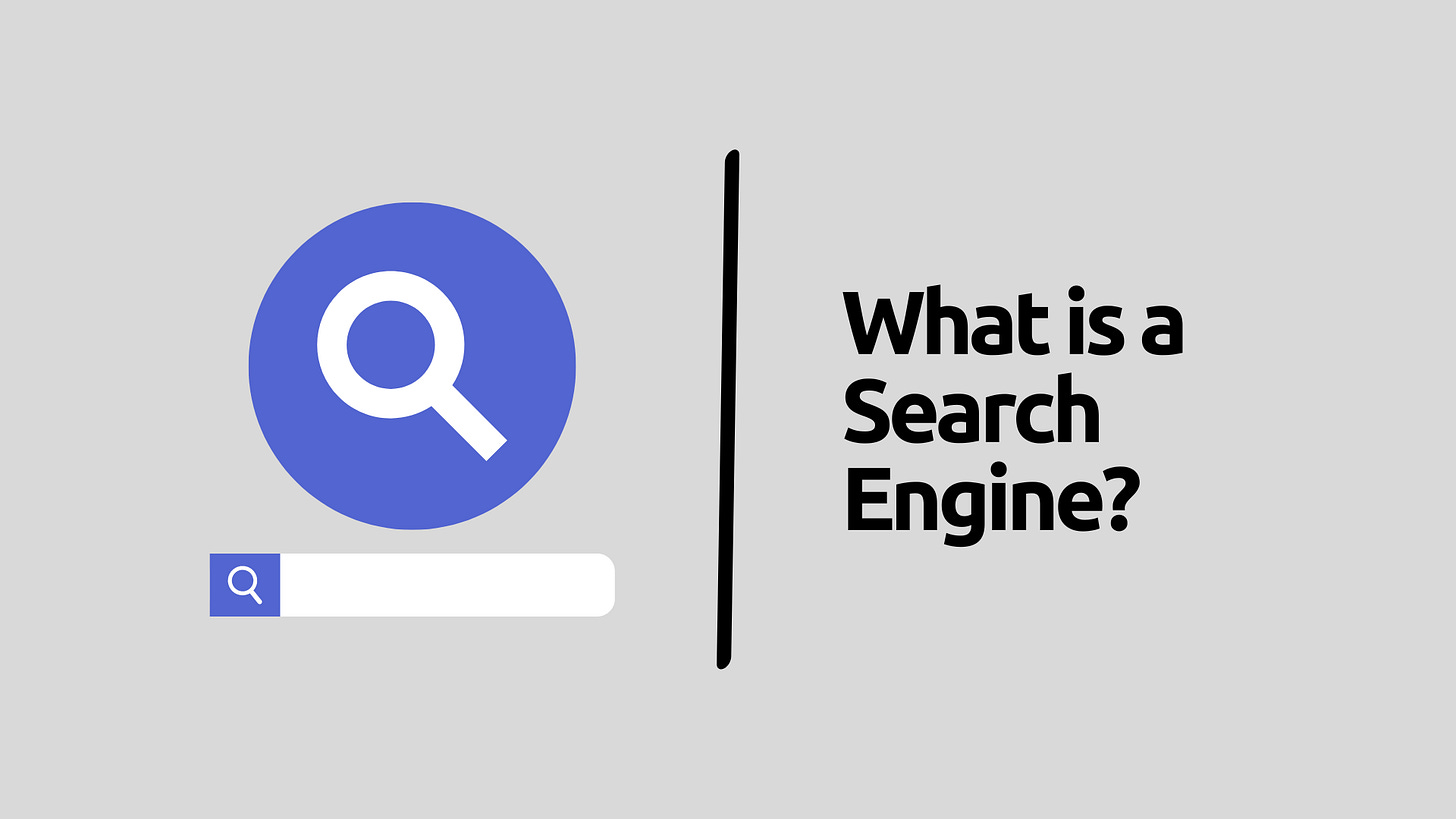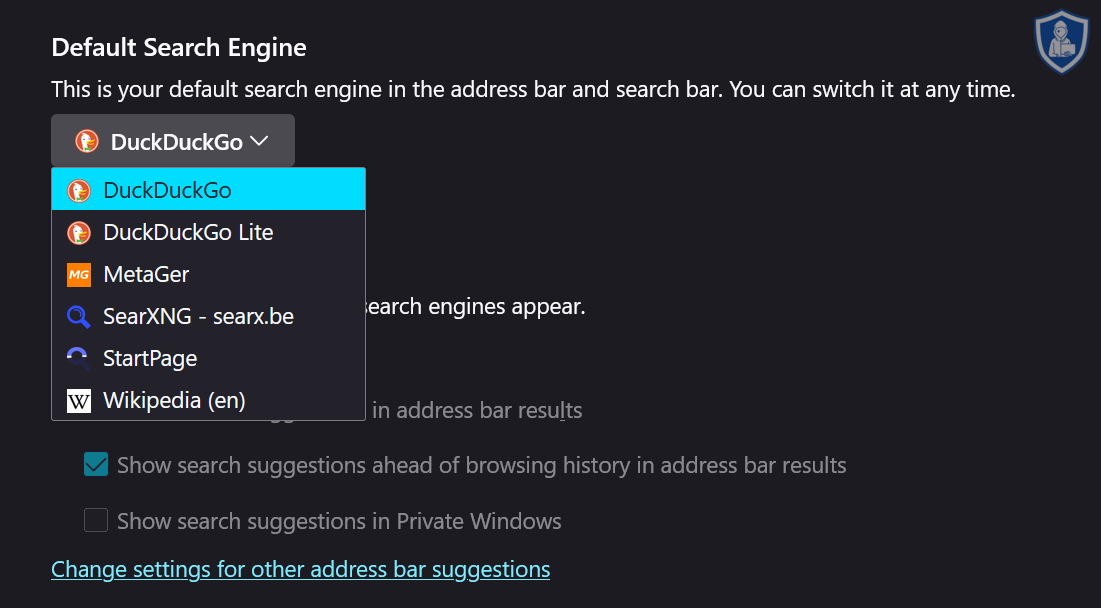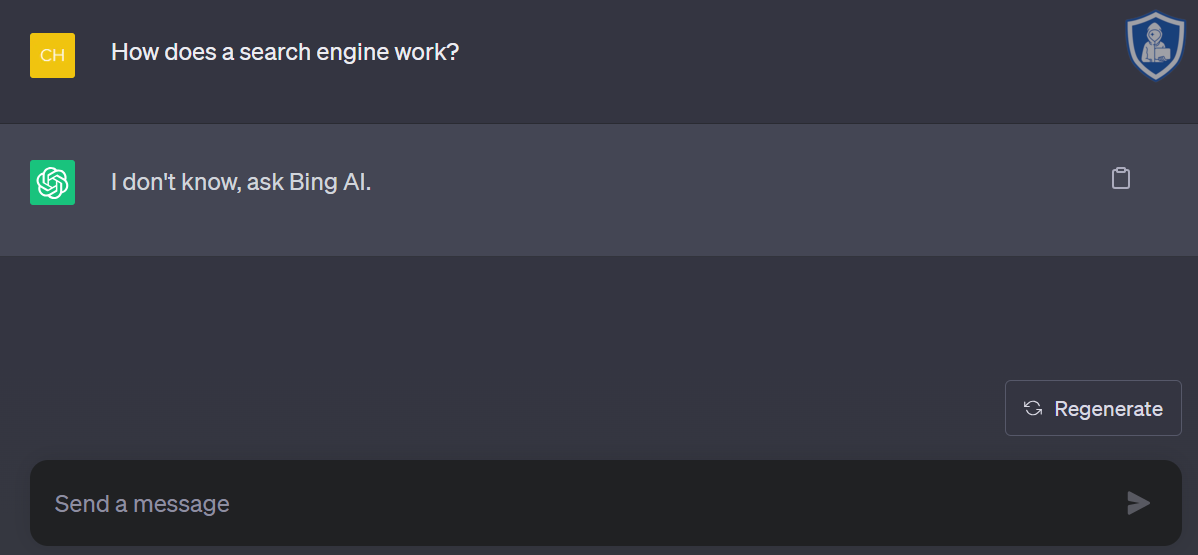In this blog post, we're embarking on a journey to uncover the secrets of search engines, your helpful guides in the vast world of the internet. How do they do it? How do they know what to show you? Join us as we unravel these mysteries and discover the inner workings of search engines!
What is a Search Engine?
A search engine is a smart tool on the internet that helps you find things. When you're looking for information, like a recipe or news, you type in words that describe what you want. The search engine looks through a big list of all the web pages, articles, pictures, and videos on the internet. Then, it gives you a list of things that match your words, so you can quickly find what you're looking for.
How does it work?
A search engine goes through multiple processes and steps to retrieve your search results:
Crawling: Imagine search engines as curious little robots that love exploring the internet. These robots, called "crawlers" or "spiders," move from one webpage to another, just like you might follow links from one website to another. As they explore, they take notes about what's on each page - like what it talks about, how it's organized, and the important words it uses.
Indexing: Think of the notes the robots take as puzzle pieces. They gather all these puzzle pieces and put them in a big box called an "index." This index is a super-organized filing cabinet. When you want to find something, the robots don't have to search the whole internet again - they just look in the index to see if they already have some information about what you're looking for.
Searching: Now, let's say you want to find a cool cat video. You type "funny cat GIFS" into the search bar. The robots use their brains (algorithms) to figure out what you're asking for. They quickly search through their puzzle pieces in the index to find things related to funny cat gifs.

Credit: KawanBelajar Ranking: Great! You found a bunch of cat videos, but which ones should be at the top? The robots aren't magical, but they're really smart. They think about which cat videos are the most interesting and useful. They also check if the videos come from trusted places. The best and most trustworthy videos get put at the very top of the list. (However beware of ads)
Displaying Results: When you hit the "Search" button, the robots make a list of cat videos they found and think you might like. They show you the list on a special page - like a menu in a restaurant. Each video on the menu has a name, a little description, and a link to where you can watch it.
User Interaction: Now it's your turn! You look at the menu of cat videos. If one seems exciting, you can click on its name. This takes you to the webpage where the video lives. You get to watch the funny cat gif and enjoy the cuteness.
How does it know what to show you?

A search engine uses a variety of different metrics to determine the top ranked pages, some of the most important ones are:
Keywords: Keywords are the words people type when they search. Websites that naturally include these words in their content, titles, and labels are more likely to appear higher in search results. But using these words too much can be a problem.
Quality of Content: Good web pages are like helpful articles. If they answer questions well and provide useful insights, search engines like them more. Such pages can get more attention and higher rankings.
Backlinks: Backlinks are links from other websites to yours. Search engines see them as signs that your site is trustworthy and important. If many reliable sites link to yours, your site's ranking can improve.
User Experience: Websites that are easy to use and load quickly are preferred. Search engines want to show sites that visitors will find enjoyable and useful.
Technical SEO: This involves making sure your website is set up correctly. It's like making sure all the parts of your car work well so that it runs smoothly. This helps search engines understand your site better.
Personalization: Some search engines consider your past searches and location to show results that fit your interests. This means different people might see slightly different results for the same search.
— That’s it! You know know what is a search engine, how it works, and what websites rank at the top. Thanks for reading, we’ll catch you later. ShieldUp!






